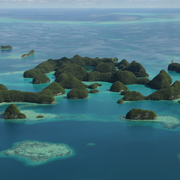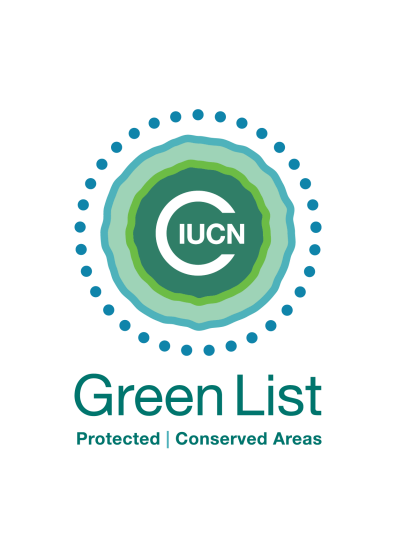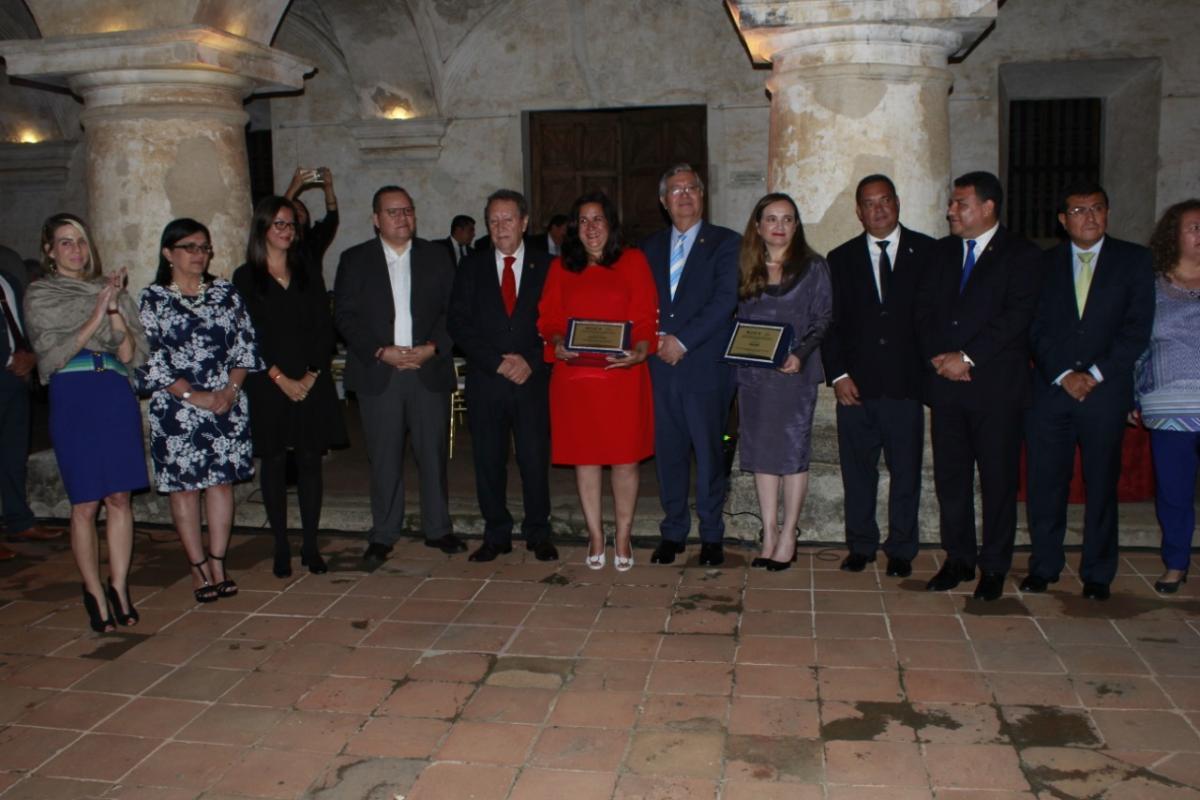Palau wins World Heritage Status
Rock Islands Southern Lagoon in Palau has been inscribed on the World Heritage List, becoming the country’s first World Heritage Site.

Photo: © IUCN Jerker Tamelander
The World Heritage Committee, meeting currently in St. Petersburg, followed the recommendations of IUCN (International Union for Conservation of Nature), the official World Heritage advisory body on nature, to inscribe the 100,200 ha marine site on UNESCO’s prestigious list of iconic places on earth.
The vast marine site of Rock Islands Southern Lagoon is recognised for its exceptional ecological diversity, coral reefs, lagoon and limestone islands and marine lakes. As a result of their isolation from each other, all 52 marine lakes are a diversity of different marine ecosystems.
“The Rock Islands Southern Lagoon is an outstanding example of how marine ecosystems and communities develop,” says Tim Badman, Director of IUCN’s World Heritage Programme. “Its marine lakes are ‘natural laboratories’ where new species discoveries continue to be made. IUCN welcomes Palau joining the World Heritage family and hopes that the World Heritage status will help further enhance the protection of this important area for securing people’s livelihoods and adapting to the effects of climate change.”
Apart from Rock Islands Southern Lagoon, IUCN is recommending World Heritage status for another three natural areas: Sangha Trinational, shared between Cameroon, the Central African Republic and the Republic of Congo; Lakes of Ounianga in Chad; and the Chengjiang fossil site in China.
The Committee is expected to take decisions on these sites within the next two days.
For more information or to set up interviews, please contact:
• Borjana Pervan, IUCN Media Relations Officer, m +41 79 857 4072, e borjana.pervan@iucn.org
For more information about IUCN’s World Heritage Programme: www.iucn.org/worldheritage
About IUCN
IUCN, International Union for Conservation of Nature, helps the world find pragmatic solutions to our most pressing environment and development challenges. IUCN works on biodiversity, ecosystem services, climate change, energy, human livelihoods and greening the world economy by supporting scientific research, managing field projects all over the world, and bringing governments, NGOs, the UN and companies together to develop policy, laws and best practice. www.iucn.org



